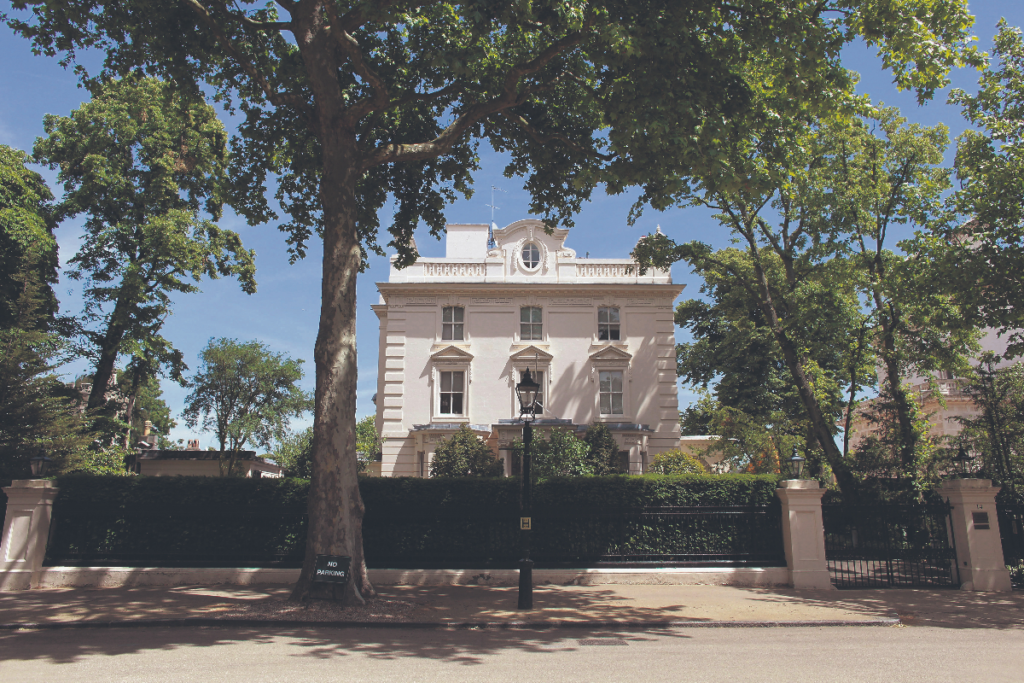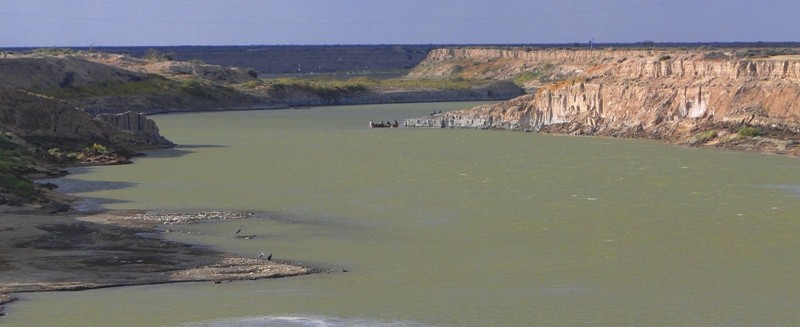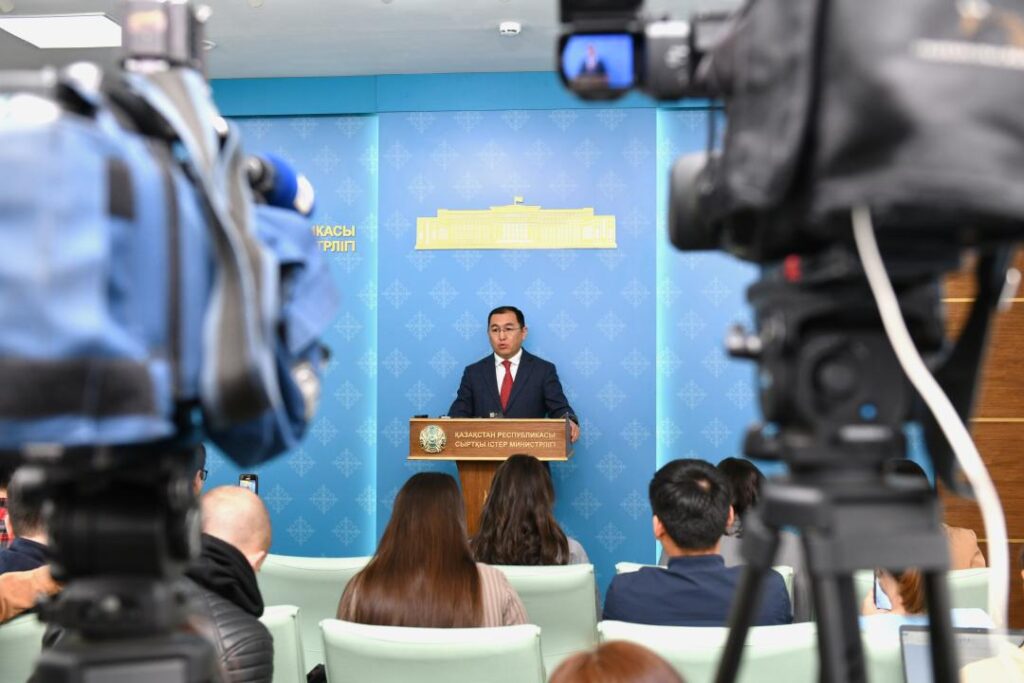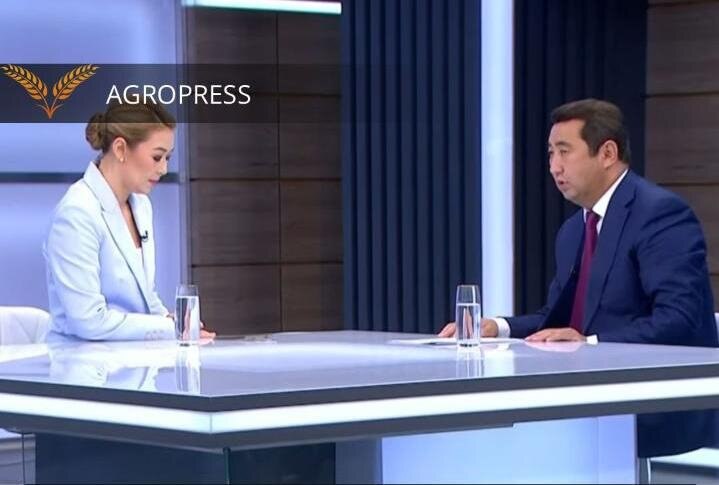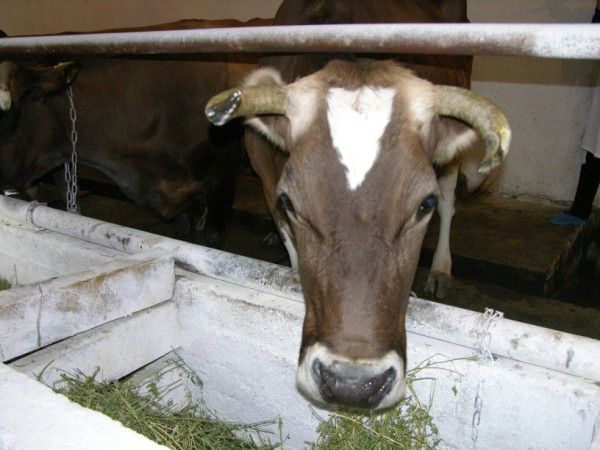ASTANA (TCA) — Kazakhstan’s camel products can be exported to the markets of the Middle East and the entire Muslim world, Gauhar Konysbaeva, the camel breeding expert at the Center for Agro-competencies of the Atameken National Chamber of Entrepreneurs of Kazakhstan, said at a camel breeding seminar organized for agrarians of the Atyrau region, Atameken reported.
According to the expert, today in Kazakhstan very little attention is paid to the development of camel breeding. State subsidies are now provided only for the production of shubat (fermented camel’s milk) at a rate of 55 tenge per liter. If large farms are able to get some funding, small and medium-sized farms have to rely on themselves only.
“There is a completely wrong perception of camel meat in Kazakhstan. In fact, this product is an excellent source of lean meat; it contains very low quality cholesterol, several times less, even compared to poultry meat. It contains a high amount of iron, especially good for people with iron deficiency anemia. […] The potential inside Kazakhstan is enormous, now we see only the tip of the iceberg in the form of shubat, while the production of camel breeding is numerous. Therefore, in the future, if we support camel breeders, we can benefit greatly from the development of camel breeding,” said Konysbaeva.
The expert added that the development of camel breeding also solves a number of environmental problems, such as desertification, a shortage of drinking water and forage base. “Camel breeding still provides active life for the desert and semi-desert regions of the country. The more camels graze on natural pastures, the more we support the life of the ecosystem and vegetation of these territories. Camel breeding is the most stable source of development in the country’s desert regions. However, unfortunately, this issue is now being given insufficient attention.”


